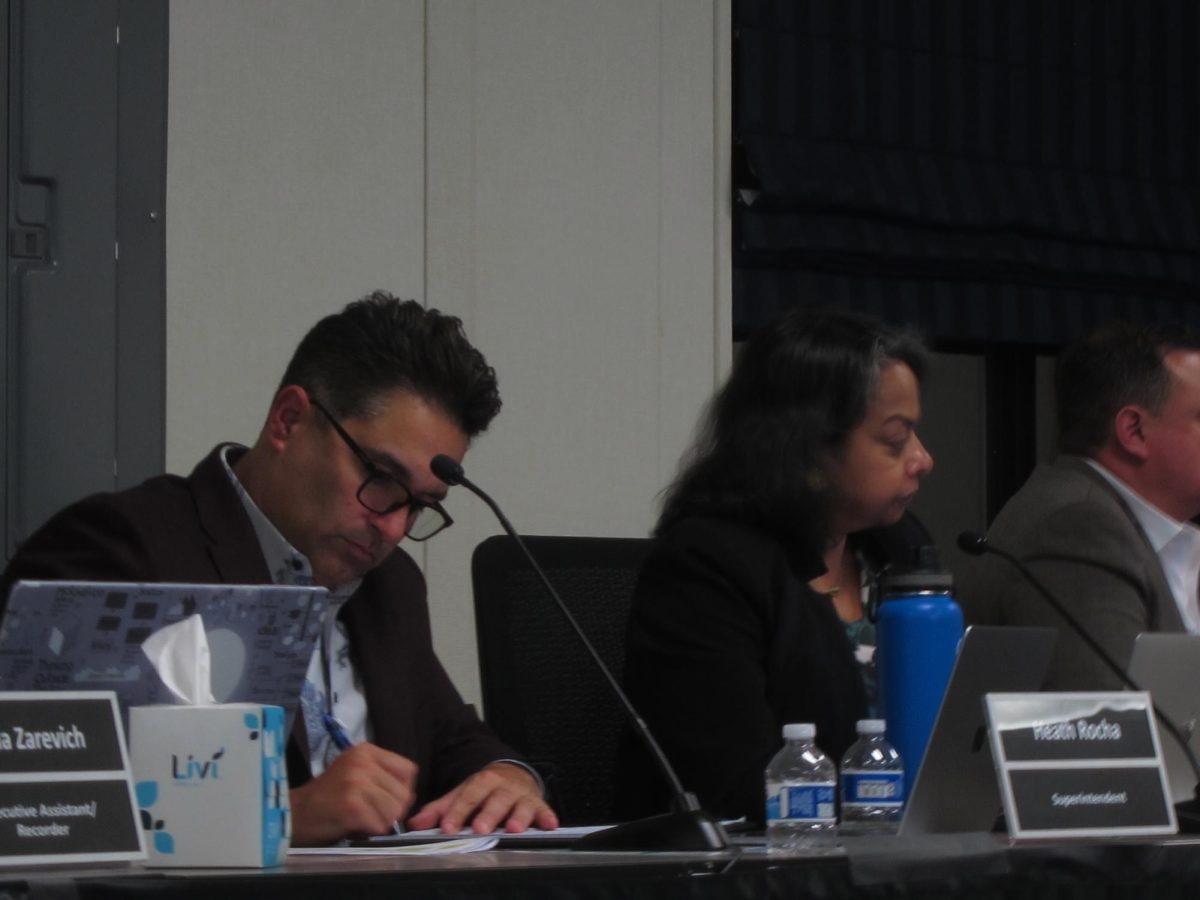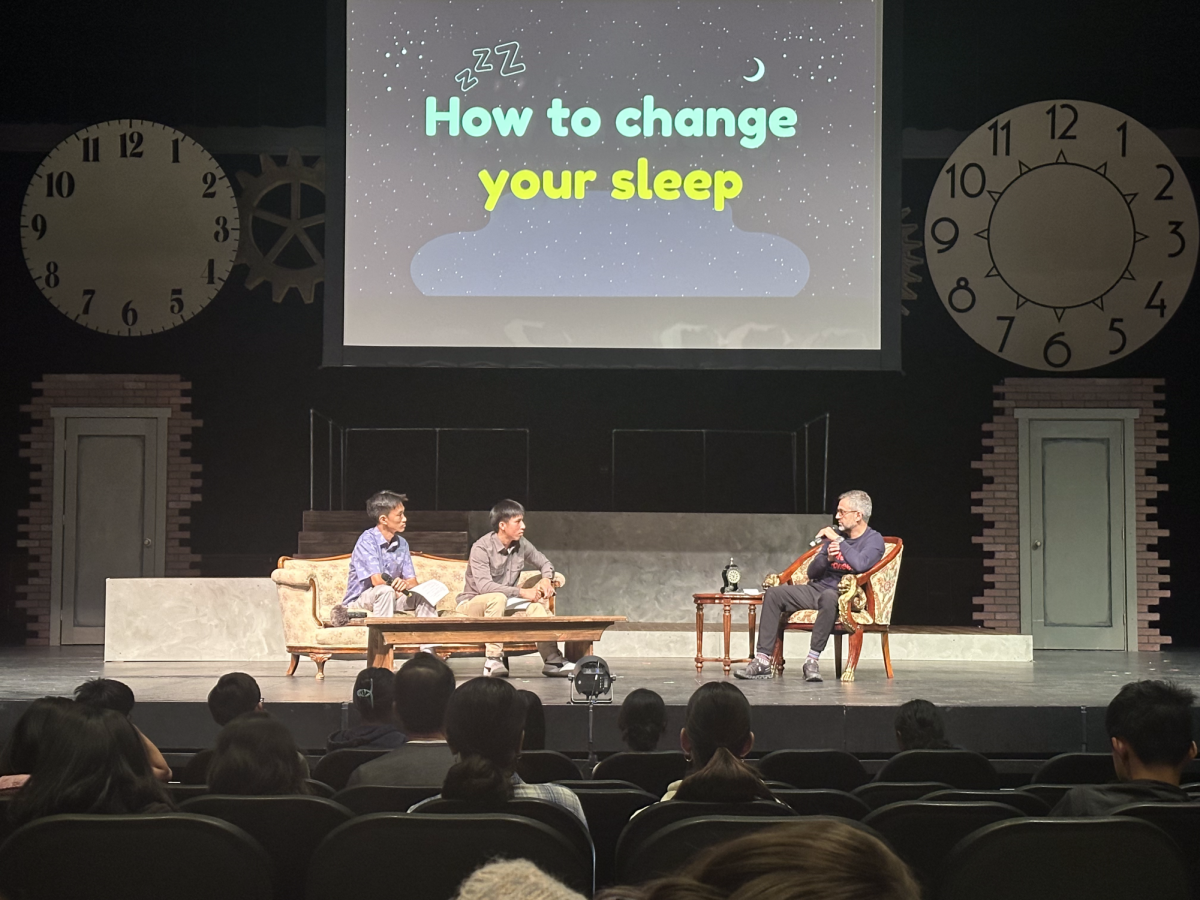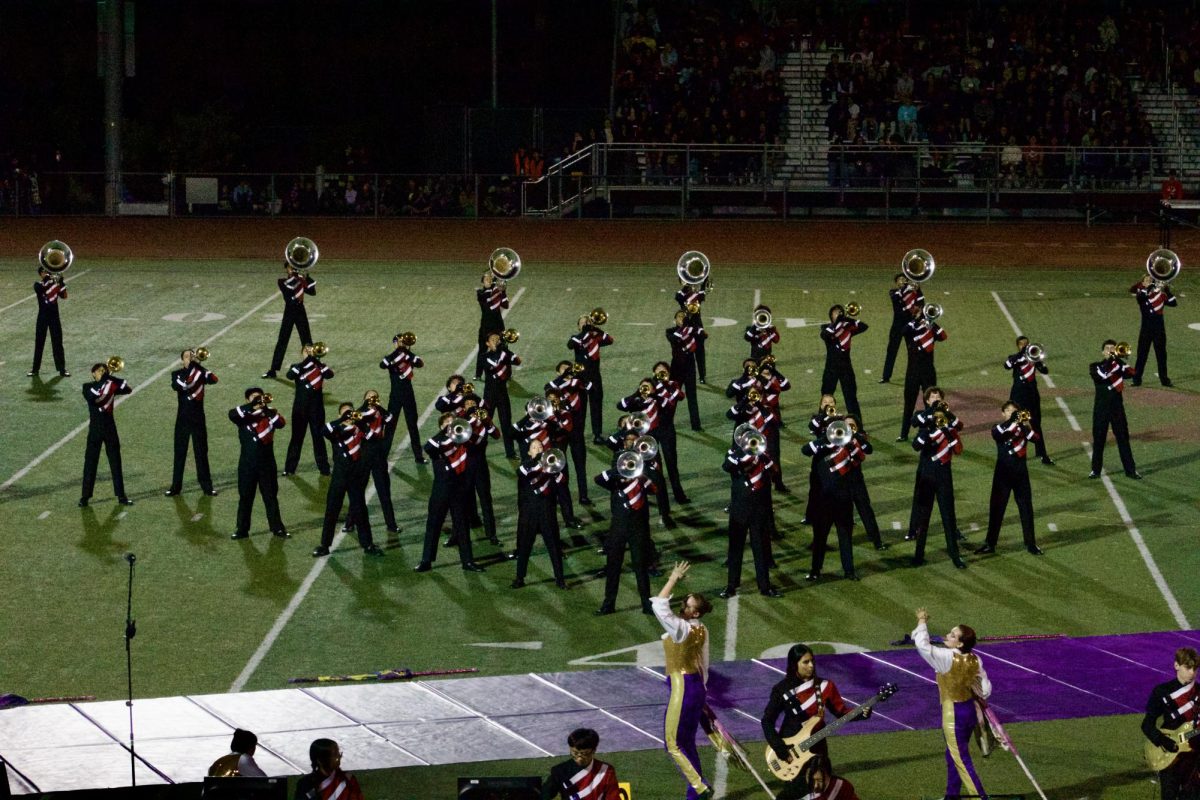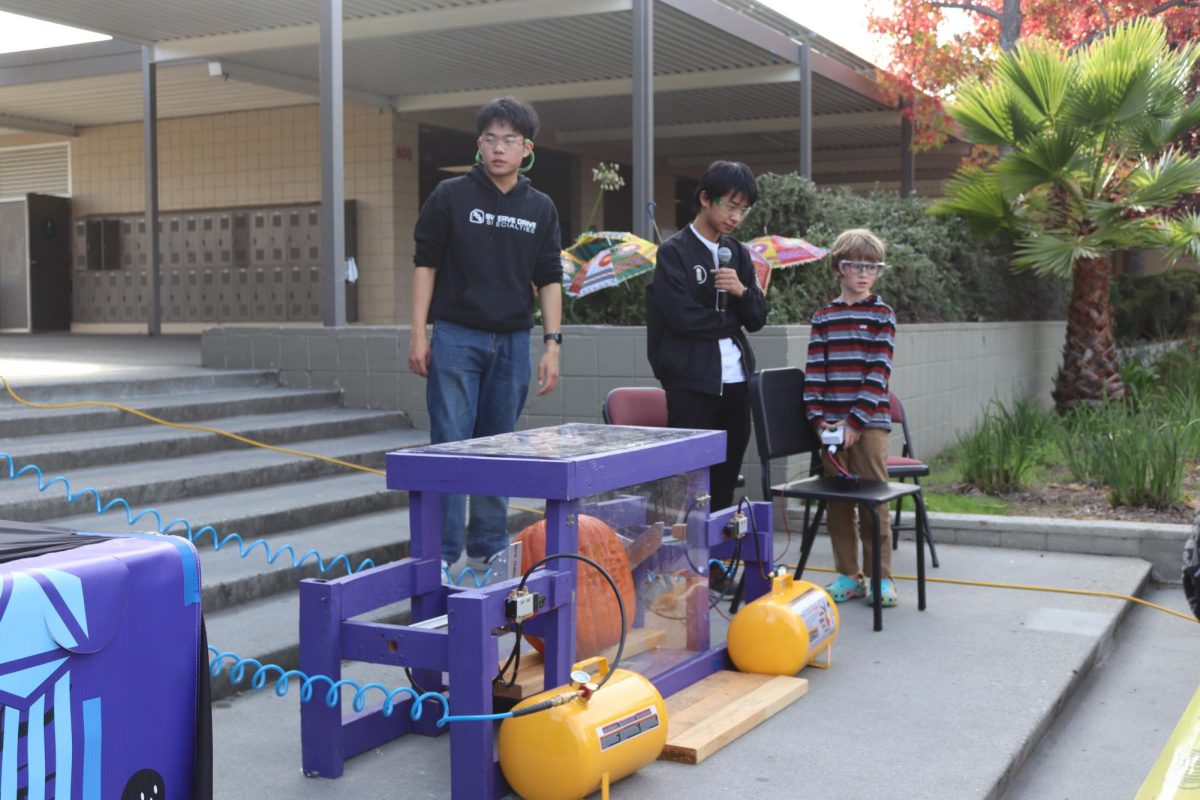The office might as well be a foreign country for many of us as we go through high school. It's inhabited by seemingly all-powerful administrators, secretaries and other workers whose names we probably don't know and guidance counselors who we go to only under duress.
The excuse that students often make is that they don’t have time to squeeze in an appointment with their counselors. They spend all their tutorials so immersed in homework that going to see their counselors is never a top priority.
Other students don’t see the point in going to talk to their counselors. They think, “If I’m not having mental breakdowns or academic issues, why do I need to see my counselor?”
It is only when college applications creep up on them at the start of senior year that they regret not making connections with their counselors earlier.
Recently, the school made changes to help students create better relations with guidance counselors and administrators. With the new arrangement, students are paired with an administrator in addition to their guidance counselor, meaning students have one more personal contact than in the past. Now that students have two outlets to seek help from, it should be easier to create deeper connections with the office staff.
But unfortunately, in a poll of 149 students, 114 said they hadn’t gone to see their newly assigned administrator. The four administrators (assistant principals Kerry Mohnike, Brian Safine and Brian Thompson as well as principal Paul Robinson) are doing their best to offer students more help, but many more students need to take advantage of the situation.
While students are only assigned to one guidance counselor and one administrator, office staff members have hundreds of students to be in charge of. Ultimately, that means it’s the student’s responsibility to take the initiative and go see their designated administrator or guidance counselor.
Here’s an idea a lot more of us could do: Every semester (or even more often) pull five minutes from tutorial and drop by your counselor’s office to update them on what you’re up to.
That way, they have a better sense of what you’re involved in and what kind of person you are. You’ll be more than just a name on a long list.
Guidance counselor Monique Young said the counselors and administrators all have the open-door policy, where students can come to their offices for personal or academic issues.
“Your guidance counselor should generally be your first point of contact for anything you need,” Young said.
In addition, administrators and guidance counselors can sometimes act as mediators between students and teachers. If a student is having trouble talking to a teacher or understanding concepts in class, a guidance counselor or administrator can help find a strategy for solving the issues.
But even if a student doesn’t have a particular issue, Young said that coming into their office and stopping in to say “hi” is always welcome.
“I have several students who just come by after school, talk about their day, eat multiple pieces of candy. They don’t need anything, they’re just checking in,” Young said. “And those are the kids that by senior year, I know really, really well.”

























